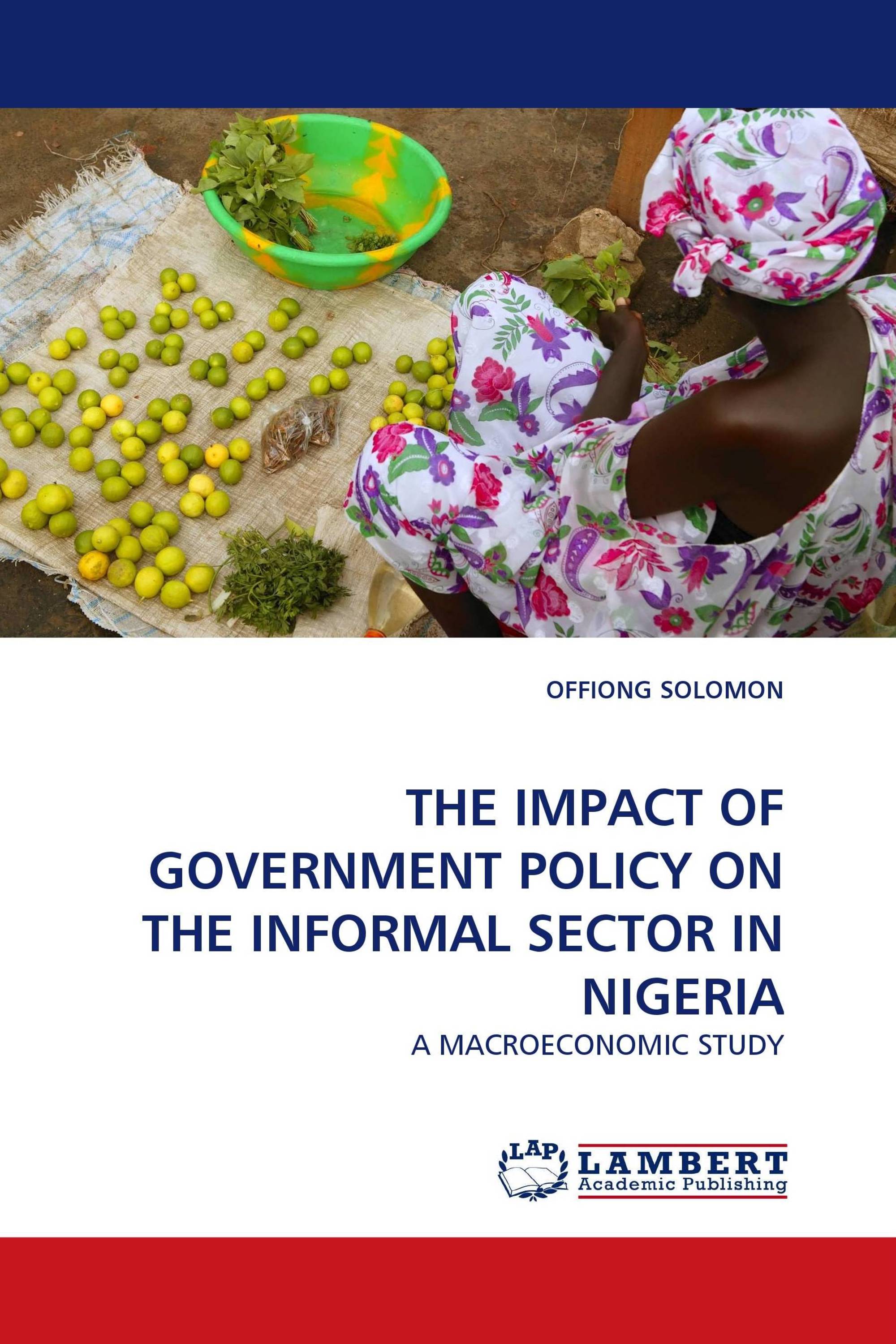THE IMPACT OF GOVERNMENT POLICY ON THE INFORMAL SECTOR IN NIGERIA
A MACROECONOMIC STUDY
LAP Lambert Academic Publishing ( 2011-06-01 )
€ 79,00
This book examines to what extent government policy has contributed to the growth of the informal sector in Nigeria. The analysis is conducted in three stages. In the first stage, the Multiple Indicator Multiple Cause (MIMIC) model is used to produce time series estimates for the informal sector from 1970 to 2000. In the second stage, a dynamic Real Business Cycle model (RBC) is developed to examine the impact of fiscal policy on the size of the informal sector. Finally, a dynamic RBC model is setup to conduct a policy experiment on the impact of a negative oil price shock on the size of the informal sector. The analysis reveals that empirical estimates on the informal sector can be justified through the use of dynamic RBC models. The main results are that high taxes and fiscal expenditure on public infrastructure have contributed to the growth of the informal sector. A negative oil price shock leads to an increase in the size of the informal sector. However, a negative oil price shock that compels the government to increase seigniorage in order to finance its expenditures contributes to decreasing the size of the informal sector.
Book Details: |
|
|
ISBN-13: |
978-3-8443-8390-4 |
|
ISBN-10: |
3844383905 |
|
EAN: |
9783844383904 |
|
Book language: |
English |
|
By (author) : |
OFFIONG SOLOMON |
|
Number of pages: |
400 |
|
Published on: |
2011-06-01 |
|
Category: |
Economics |




